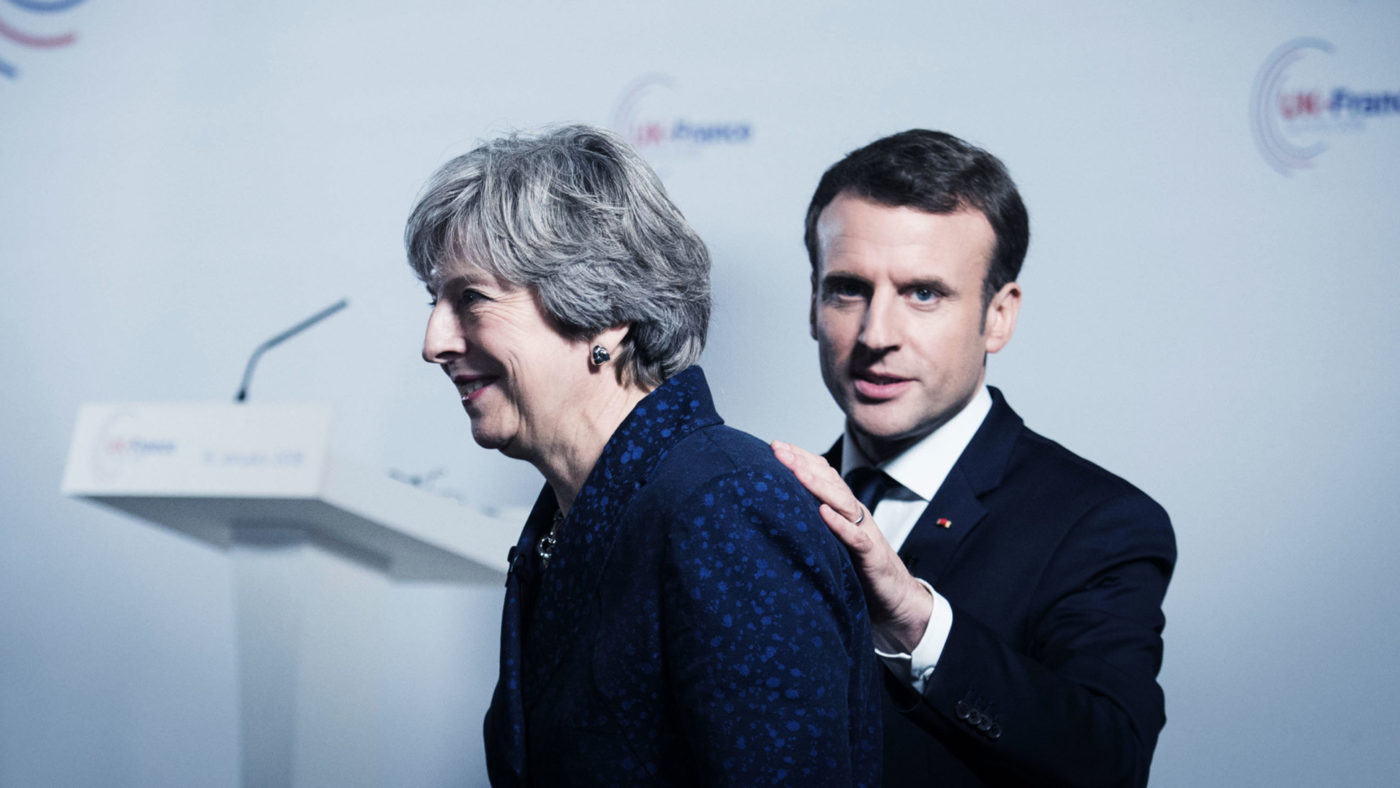Thanks to the election of Donald Trump, Britain’s decision to leave the EU, and the populist surge across Europe, it has become fashionable to say that the traditional dividing line between Left and Right has been replaced by another: open versus closed.
At this week’s summit between Theresa May and Emmanuel Macron, the two leaders could both have been seen as the personification of these postures. Macron has positioned himself as the global champion of internationalism, openness, progress and cooperation. May, by contrast, says that “Brexit means Brexit”, promises to clamp down on immigration and rails against “citizens of nowhere”.
There are certainly many who like to see politics through this lens. Explaining why it had named France its country of the year last month, The Economist – in whose eyes Macron can do no wrong – argued that: “the struggle between the open and closed visions of society may well be the most important political contest in the world right now. France confronted the drawbridge-raisers head on and beat them.’
Yet the claim that open-closed is the new Left-Right is based on partial readings of the politicians and ideas involved. Macron as the champion of openness and saviour of liberalism is a case in point.
He may have seen off a fascist and a communist in the Presidential election, and be planning to reform France’s unfair and damaging labour laws. But he also has a vision for Europe that is less democratic and more protectionist than the status quo. Last summer he nationalised a shipyard to prevent a foreign takeover. He champions liberal values but hasn’t coughed up the defence spending required to protect them. In a New Year’s speech to journalists at the Élysée Palace, he argued that the way to deal with fake news was to ban it. Is this what openness looks like?
There’s also nothing new about the open-closed spectrum. In the UK, support for Brexit may cut across party lines, but that has always been true of Euroscepticism. The fact that populists like the Front National in France or Fidesz in Hungary argue for an authoritarian state that plays an active role in the economy is neither novel nor surprising. Donald Trump’s America First agenda is only the latest iteration of an isolationism that has long been present within the Republican Party.
And ironically, the vogue for open versus closed has arrived in the UK at a time when the traditional dividing lines between Left and Right are more marked than they been for at least a generation.
From outsourcing government work to funding the NHS, the debates that have dominated British politics in 2018 so far have been policy questions that go to the heart of the age-old question that divides Right and Left: what is the function of government?
A chasm separates the Labour and Conservative answers to that question. To argue that Left and Right no longer matter is to ignore that gap. And, in doing so, to miss just how misguided the current Labour leader is.
This article is taken from CapX’s Weekly Briefing email. Sign up here.


